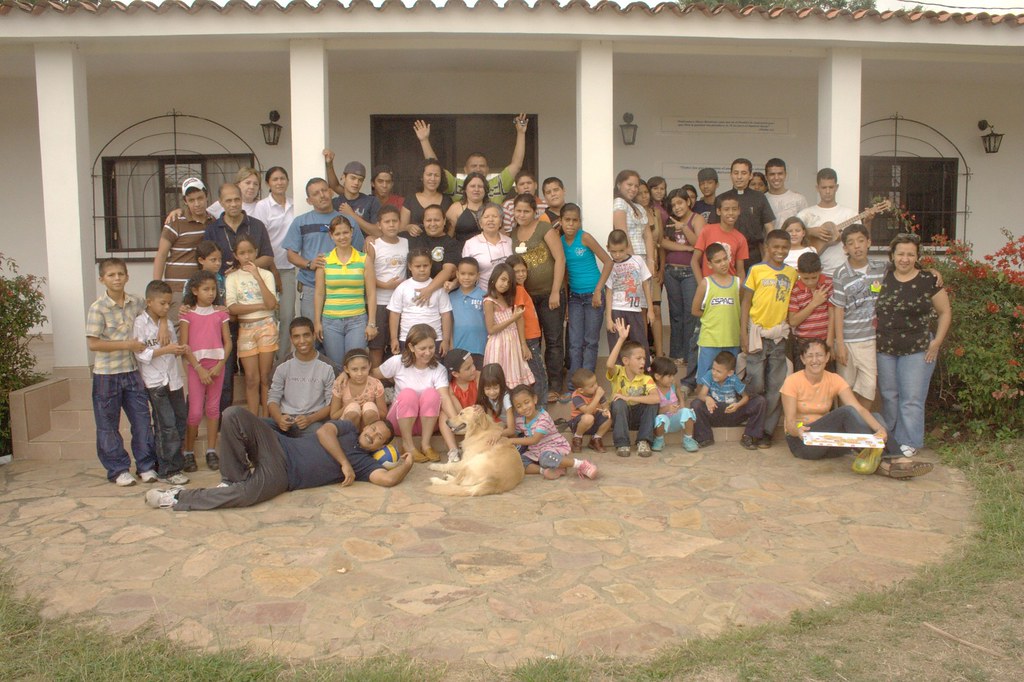
During Holy Week 2009, we accompanied 12 preadolescents, from six to 13 years of age, to
El Paraiso Lutheran Church in Barquisimeto for a three-day retreat. We left Wednesday morning, April 8, and returned Saturday afternoon, April 11.
Five of the children were from La Caramuca and the rest were from Corpus Christi Lutheran Church in Barinas. With the children from Barquisimeto, there was a total attendance of 37 preadolescents. In addition there were six adolescents and 19 adults, including representatives from La Caramuca and Barinas.
 Barquisimeto
Barquisimeto lies north of the city of Barinas, a journey of about three hours. Thanks to donations from our supporters in the United States, we were able to rent a bus.
The capital of Lara state,
Barquisimeto is the fourth-largest city in Venezuela with a population of more than 800,000 people. It is home to a professional baseball team,
the Lara Cardinals, and professional basketball and soccer teams, both known as the
Lara Guaros. (The term guaro refers to a species of bird similar to a parrot. It also is used as a slang term for a person born in Lara and some surrounding areas). The large public soccer stadium in Barquisimeto was built specifically for several matches in the Copa America, an international soccer tournament that Venezuela hosted for the first time in 2007.
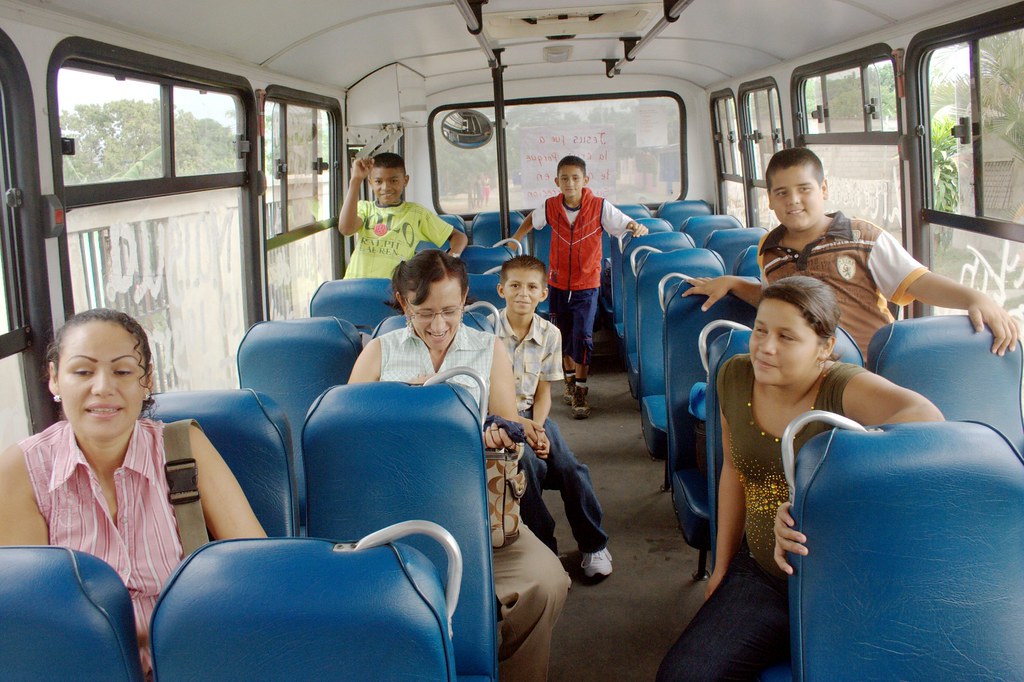
Barquisimeto is known as the location of several universities, a flourishing musical and cultural life and for the manufacture of musical instruments.
The city also is home to two Lutheran Church of Venezuela congregations, Cristo es Amor (Christ is Love) and El Paraiso, plus two new Lutheran mission stations. None of these congregations are served by their own pastor. Rather a national missionary, a young man named Miguelangel Perez, has been assigned to serve them all. This year he has the help of two vicars, Isaac Machado and Angel Eliezer Mendoza. All four groups in Barquisimeto were represented at the retreat.
"El Paraiso" means "Paradise", but the name of the church has no Biblical significance. Rather, the church was named for El Paraiso de Cabudare, the "urbanizacion" or suburb, where it is located. Nevertheless, it is an apt name because the church grounds are landscaped and immaculately maintained, with stately trees and a collection of rare and beautiful flowering plants (rare and beautiful even for Venezuela). These all are well cared for by an older fellow who lives on the grounds.
There is a freestanding worship sanctuary, a large parish hall with kitchen, showers and guest bedrooms (where we all stayed), and a separate office building. This is quite an elaborate setup compared to what we are used to in Barinas.

There were devotions every morning, and throughout the day Bible studies and games for the children. Everything was aimed at explaining the events of Holy Week, starting with Jesus' entry into Jerusalem on Palm Sunday, His suffering and death on the Cross, and ultimately the hope of the Resurrection on Easter Sunday.
Of course, on Thursday and Friday evenings there were Maundy Thursday and Good Friday worship services. In Venezuela Maundy Thursday is simply called "Jueves Santo" or "Holy Thursday". "Maundy" is a peculiarly English word of uncertain origin. One popular explanation is that it derives by way of Old French and Middle English from the the first word of the Latin translation of John 13:34, "Mandatum novum do vobis ut diligatis invicem sicut dilexi vos". This passage is part of Jesus' words to his disciples after washing their feet after the Thursday Passover meal, "A new commandment I give to you, that you love another as I have loved you".
However,
other scholars say that the archaic English word "maund" originated with the Latin "mendicare" (to beg), and the name
Maundy Thursday developed from a medieval custom whereby the English royalty handed out alms to the poor on this day. "Maund" also is the root of
"maunder", a word sometimes still used in modern English. It means either a) to talk in a rambling, foolish, or meaningless way; or b)to move, go, or act in an aimless, confused manner (after the manner of a beggar or homeless person)".
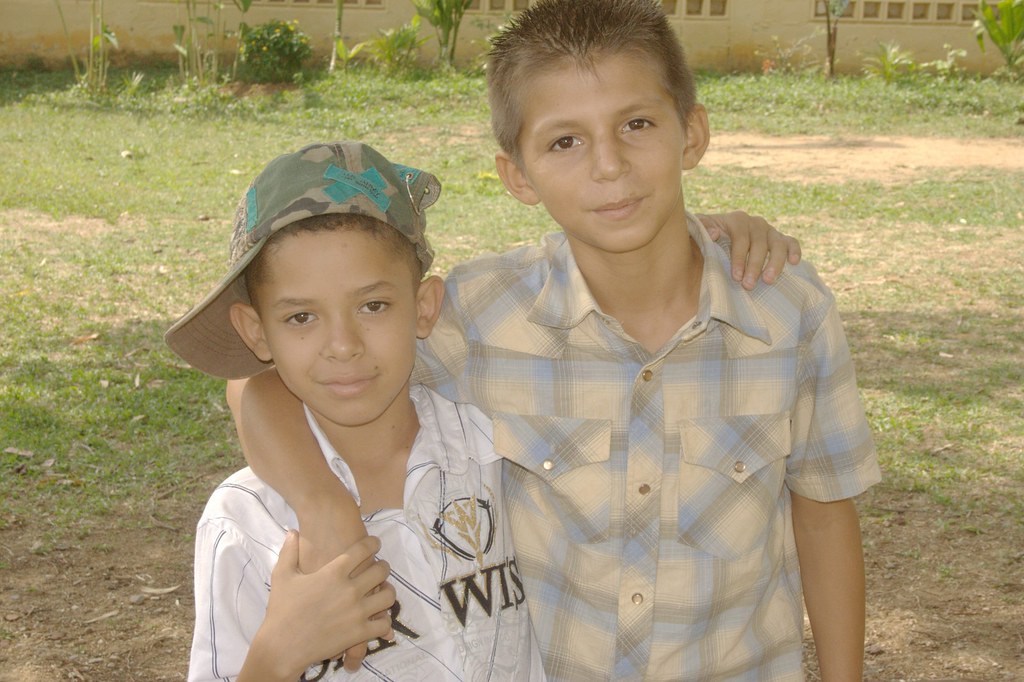
At any rate, the Thursday service was a communion service and
Isaac Machado preached a sermon, based on Mark 14:12-25, about the significance of the sacrament. It perhaps was a little long and involved for the younger listeners, but he made all the right points, especially in regard to closed communion.
Closed communion means the practice of restricting participation in the sacrament to those who have confessed and received absolution for their sins, and who have confessed a common belief about the nature of the sacrament. This is based on a reading of Scripture passages such as 1 Corinthians 11:27-29:
"Therefore whoever eats this bread or drinks this cup of the Lord in an unworthy manner will be guilty of the body and blood of the Lord. But let a man examine himself, and so let him eat of the bread and drink of the cup. For he who eats and drinks in an unworthy manner eats and drinks judgment to himself, not discerning the Lord's body."
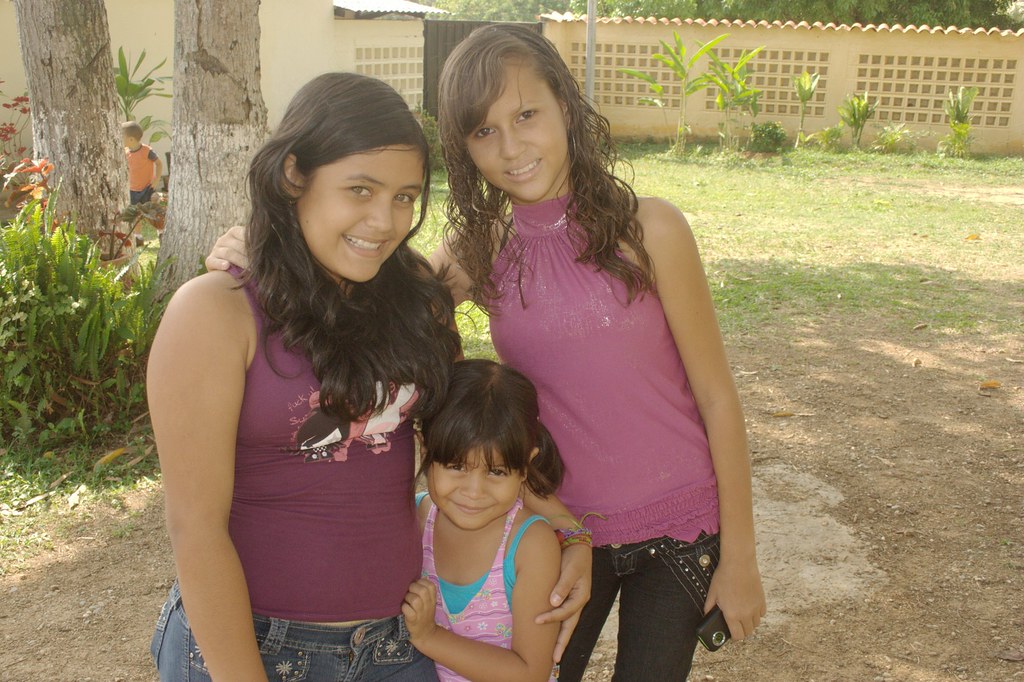
Thus it is an act of Christian love and responsibility to prevent those living in sin, including the sin of false belief, to participate in that would bring further judgment upon them.
St. Paul also writes in 1 Corinthians 11:26, "For as often as you eat this bread and drink this cup, you proclaim the Lord's death until He comes". For Lutherans, this means that those who commune at the same altar are thereby declaring publicly that they are united in the doctrine of the Apostles (Acts 2:42, 1 Corinthians 10:17).
So in Lutheran churches participation in the sacrament normally is limited to confirmed members of a Lutheran congregation, or, in other words, those who have publicly confessed the belief that in the Lord's Supper we receive the true body and blood of our Lord Jesus Christ, under the bread and wine, that along with the bodily eating and drinking we receive forgiveness of sins, life and salvation.
But the practice of closed communion was not invented by Lutherans and limited to Lutherans.
Justin Martyr wrote this about early church practice in the second century A.D.:
"And this food is called among us Eukaristia [the Eucharist], of which no one is allowed to partake but the man who believes that the things which we teach are true, and who has been washed with the washing that is for the remission of sins, and unto regeneration, and who is so living as Christ has enjoined."
Some form of closed communion remains the rule in the Roman Catholic Church, the Eastern Orthodox churches, and conservative Presbyterian, Baptist and even Mennonite churches around the world. Nevetheless, since the 18th Century, many Protestant denominations have absorbed the rationalistic idea that no belief, if sincerely held, can be considered a sin. More recently, the worldwide neo-Pentecostalist movement has mounted a renewed attack on the teaching that the Holy Spirit works through visible, exterior means.
Thus the widespread practice of "open communion", in which anyone, even those who have not received Christian baptism, may participate in the Lord's Supper. This is particularly true in Venezuela where "Protestantism" and "Pentecostalism" have come to mean almost the same thing. (Of course there are "charismatic" Catholics in Venezuela, too, but most people who become involved in this type of error wind up leaving the Catholic Church.)

Our Holy Thursday service concluded with the stripping of paraments from the altar in anticipation of the Good Friday "Tenebrae" service.
Seven candles were placed on the bare altar and Miguelangel, Angel Eliezer and I took turns reading the seven last words of Christ from the Cross. We extinguished one candle after the reading of each lesson.
Miguelangel let me be the "officiant" at the Good Friday service, which meant a couple of things. First, I got to wear the black vestments (coal-black alb and a black stole with silver-gray trim). It was quite a striking variation on the regular theme and I felt bad that the church only had one set of the vestments. Miguelangel and Angel Eliezer simply wore their black clerical-collar shirts with black trousers and shoes. It would have been quite a statement if we all three at least had worn black albs. I continually am impressed by how the ancient liturgical practices of the church teach the basic truths of the Bible in both visible and audible ways (much better than PowerPoint presentations).
The second thing was that I read the seventh lesson and, after the seventh candle had been solemnly carried out of the church, slammed the Bible shut as the church was plunged into total darkness. After some time, the seventh candle, representing the promise of Christ's victory, was returned to the altar where it remained burning for the rest of the night.
Angel Eliezer preached the Good Friday sermon on John 19:28-37. He had asked my advice on it, as he was struggling with how to explain why Christ had to die on the Cross for our sins. He was working with the idea of penal substitution, that Christ suffered and died for our sins so that the demands of God's justice might be met while making it possible for us to receive God's mercy. But he was not sure if he could make the congregation, especially the younger members, understand the legal concept of why things that happened so many centuries in the past would have a profound impact on their lives today.
I suggested using a medical metaphor, speaking of sin as a disease transmitted from generation to generation, and invariably fatal if left untreated. Christ offered Himself as a sacrifice so that His pure blood might cleanse our tainted blood. This might make sense to the children as during the week they had studied the Passover tradition and the importance of blood sacrifice in ancient Judaism. Angel Eliezer liked this suggestion and decided he would use the specific example of HIV/AIDS, since it is a big social problem in Venezuela and everyone would understand the analogy. HIV/AIDS is transmitted through the blood, often from generation to generation, poisons relationships between people, destroys trust, and is always fatal if not treated with expensive medicine. I had not thought of that, although
we have talked to the children in La Caramuca about HIV/AIDS.After the Good Friday service, the electric lights throughout the church's compound were shut off for about a half hour. As we sat in the darkness, some of the adults whispered the most difficult questions about divine truth and justice that they received from unbelieving friends and neighbors. Such as:
- If God is all-powerful,all-knowing and good, why does He allow evil to exist?
- If God made Adam and Eve so that they were capable of sinning, did not God make a flawed creation?
- With all the different religions and philosophies in the world, how can one be sure what is the truth?
The difficulties arise because, in fact, there are some things only God can know and only God can judge. Who deserves to live and who deserves to die? Actually, according to Scripture we all deserve to die and only by God's grace do we still draw breath. Yet the Bible also assures us that God formed us all in our mothers' womb (Isaiah 44:24) and because all human life is precious in God's sight, Christ died for all that all might have eternal life (John 3:16).
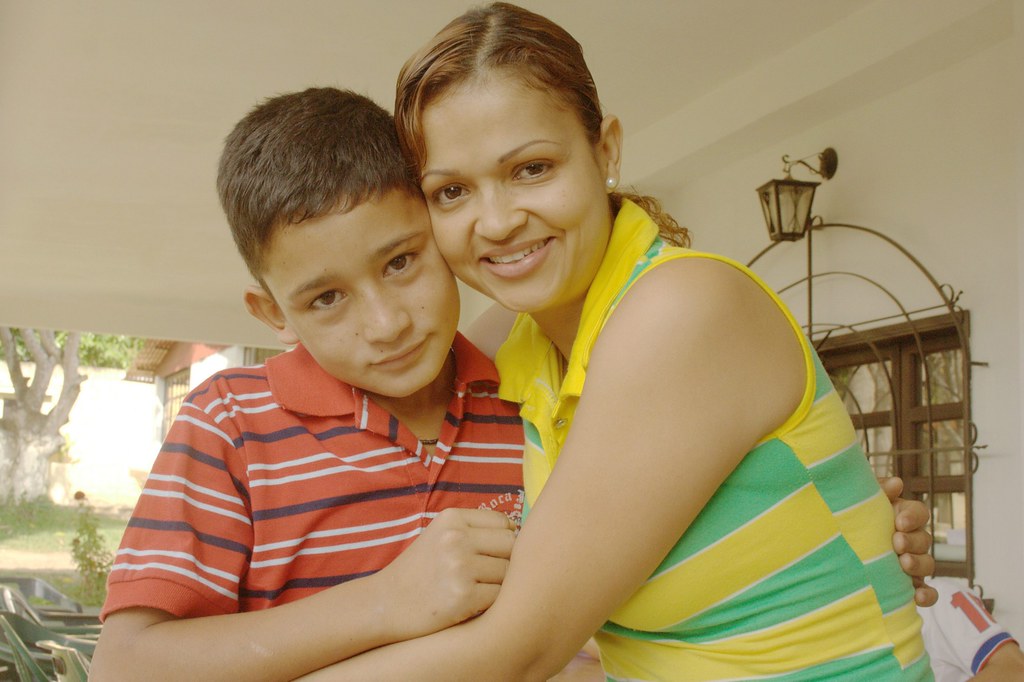
But what is the worse fate, to die at 18 in a terrible car accident with so much unrealized potential? Or to live to middle age and see so many youthful dreams turn out to be either false hopes or if realized, not really what you envisioned? Or to live to nearly 100 and, even you are fortunate enough to stay reasonably healthy and financially secure, see the world of your childhood fade completely into memory?
God only knows. But God promises that as long as we are still here on this earth He has a purpose for our lives (Jeremiah 29:11), that all things work for the good of them that trust Him (Romans 8:28) and that if we trust God, we will never be tested beyond our endurance (1 Corinthians 10:13).
How could an all-powerful, all-knowing God have made a world in which our choices have consequences for ourselves and others? Could He not have made a world in which we could put our hands on a hot stove and not be burned? Or throw ourselves off a cliff and not break our bones? Did not Satan once ask that of Jesus?
We have only the reply that Job received: Let God be God and trust that His will is holy and good. Aside from these Biblical assurances, what hope do we have? Even if we deny God, we still are left with a world full of pain and suffering and no expectation of ultimate justice or redemption.
But in Christ, all Biblical promises are made good, and in Christ we may see that in this world of suffering, God Himself suffered more than we will ever be called on to suffer. And, since the teaching of the Bible all point to Christ on the cross, in God's Word we may find certainty amid the babel of religions and philosophies, all of which boil to down to finding salvation or enlightenment in ourselves rather than saving work of Christ (Ephesians 4:14).
I thought of these things as I prepared my Easter Sunday sermon on John 20:1-18. This is the glorious Easter story as told by John, but it also illustrates that all the evidence in the world does not compel faith. For the synoptic Gospels record that Jesus told His disciples three times that He would die on the Cross and rise on the third day: once after the confession of Peter (Matthew 16:21; Mark 8:31; Lucas 9:22), again after the Transfiguration (Matthew 17:22; MarK 9:31; Luke 9:44-45); and a third time (Matthew 20:18-19; Mark 10:33; Luke 18:31-33).
Despite this, what was Mary Magdalene's reaction upon seeing the open tomb of Jesus? She ran back to the other disciples and said, "They have taken away the Lord out of the tomb, and we (she and the other women) do not know where they have laid Him". Then Peter and John went to the tomb and examined the discarded (yet neatly arranged) linens that had covered the dead man's body. But they still did not completely understand what had happened.
After Peter and John left, Mary Magdalene had a vision of two angels in the tomb, then encountered the risen Christ Himself. But she still asked Jesus, standing right in front of her, where they had taken her Lord's body. Only when the Lord spoke did she recognize Him. But if they had paid more attention to His words in the first place, they could have spared themselves much fear and doubt.
Our faith is based on evidence, not wishful thinking. Palestine is a real place on the map, not an imaginary country. Jerusalem is a real city that still exists today, as do the towns of Bethlehem and Nazareth. Pontius Pilate, Caesar Augustus, Tiberias, King Herod and his sons, and Quirenius the governor of Syria were real historical figures. There is much testimony outside of the New Testament to indicate that something extraordinary happened in Palestine 2,000 years ago. At the very least, the Roman and Jewish authorities had an extraordinarily hard time explaining an empty tomb.
Yet it is not the evidence interpreted by human reason that leads to savng faith, but rather the Holy Spirit working through Word and sacrament. May God bless you with the certainty of this faith.
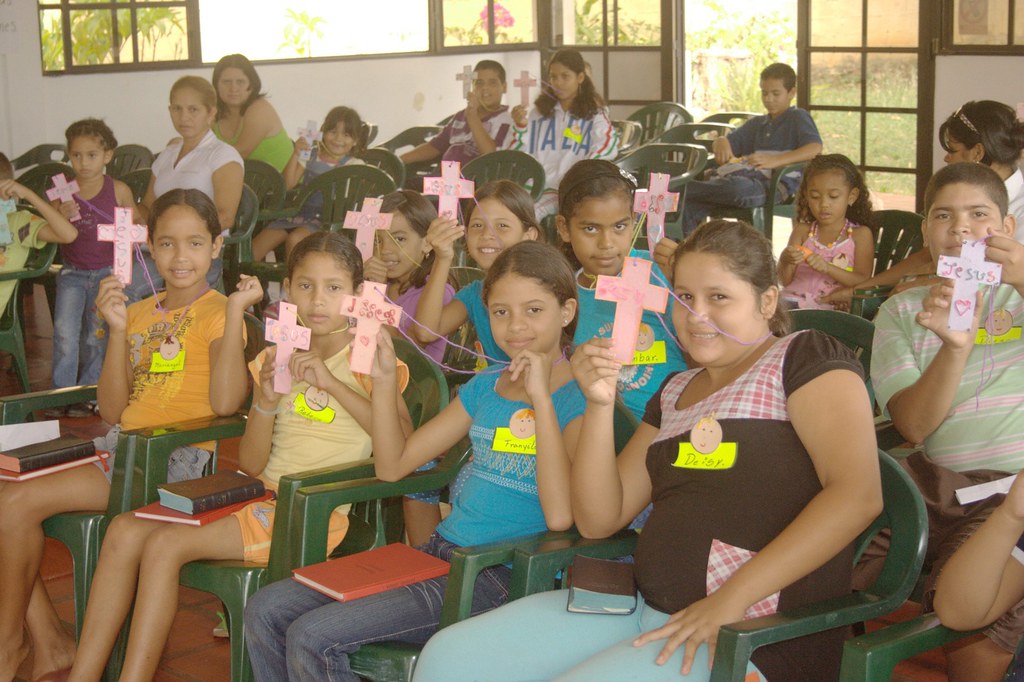

 “Pastors and teachers” describes the regular ministry of publicly preaching the Word and administering the sacrament, which in all periods of the church has been and remained the same. The expression “teachers” probably refers chiefly to the public activity, while the other, “pastors,” to the application of the pastoral office to the individual members of the congregation. “Evangelists” is placed on the list in between apostles and prophets, and pastors and teachers.
“Pastors and teachers” describes the regular ministry of publicly preaching the Word and administering the sacrament, which in all periods of the church has been and remained the same. The expression “teachers” probably refers chiefly to the public activity, while the other, “pastors,” to the application of the pastoral office to the individual members of the congregation. “Evangelists” is placed on the list in between apostles and prophets, and pastors and teachers.
 We returned from Barquisimeto on Friday. Day after day of heavy rains and strong winds in northwestern Venezuela made the rivers overflow, the dams explode, landslides and closed roads. The government quickly declared an emergency state in the mountain states of Trujillo, Tachira and Mérida, and eight of the 12 municipalities in the state of Barinas. In the afternoon Wednesday, June 25, 2025, the intense rainfall affected the state of Portuguesa, leaving the overflow of several rivers and the flooding of communities near the road that leads to the city of Guanare. Flooding of the Ospino River and overflow of a dam caused the collapse of the La Trinidad bridge on the José Antonio Páez highway, between Barquisimeto and Barinas. A detour around the collapsed bridge took us on a wild ride on a old, two-lane road as heavy traffic continued to flow as if on four lanes and roadside crews removed debris. We are now high and dry on our hilltop, but we ask you to please pray for those left homeless and otherwise affected by the inclement weather (200,000 families in Barinas state alone).
We returned from Barquisimeto on Friday. Day after day of heavy rains and strong winds in northwestern Venezuela made the rivers overflow, the dams explode, landslides and closed roads. The government quickly declared an emergency state in the mountain states of Trujillo, Tachira and Mérida, and eight of the 12 municipalities in the state of Barinas. In the afternoon Wednesday, June 25, 2025, the intense rainfall affected the state of Portuguesa, leaving the overflow of several rivers and the flooding of communities near the road that leads to the city of Guanare. Flooding of the Ospino River and overflow of a dam caused the collapse of the La Trinidad bridge on the José Antonio Páez highway, between Barquisimeto and Barinas. A detour around the collapsed bridge took us on a wild ride on a old, two-lane road as heavy traffic continued to flow as if on four lanes and roadside crews removed debris. We are now high and dry on our hilltop, but we ask you to please pray for those left homeless and otherwise affected by the inclement weather (200,000 families in Barinas state alone).










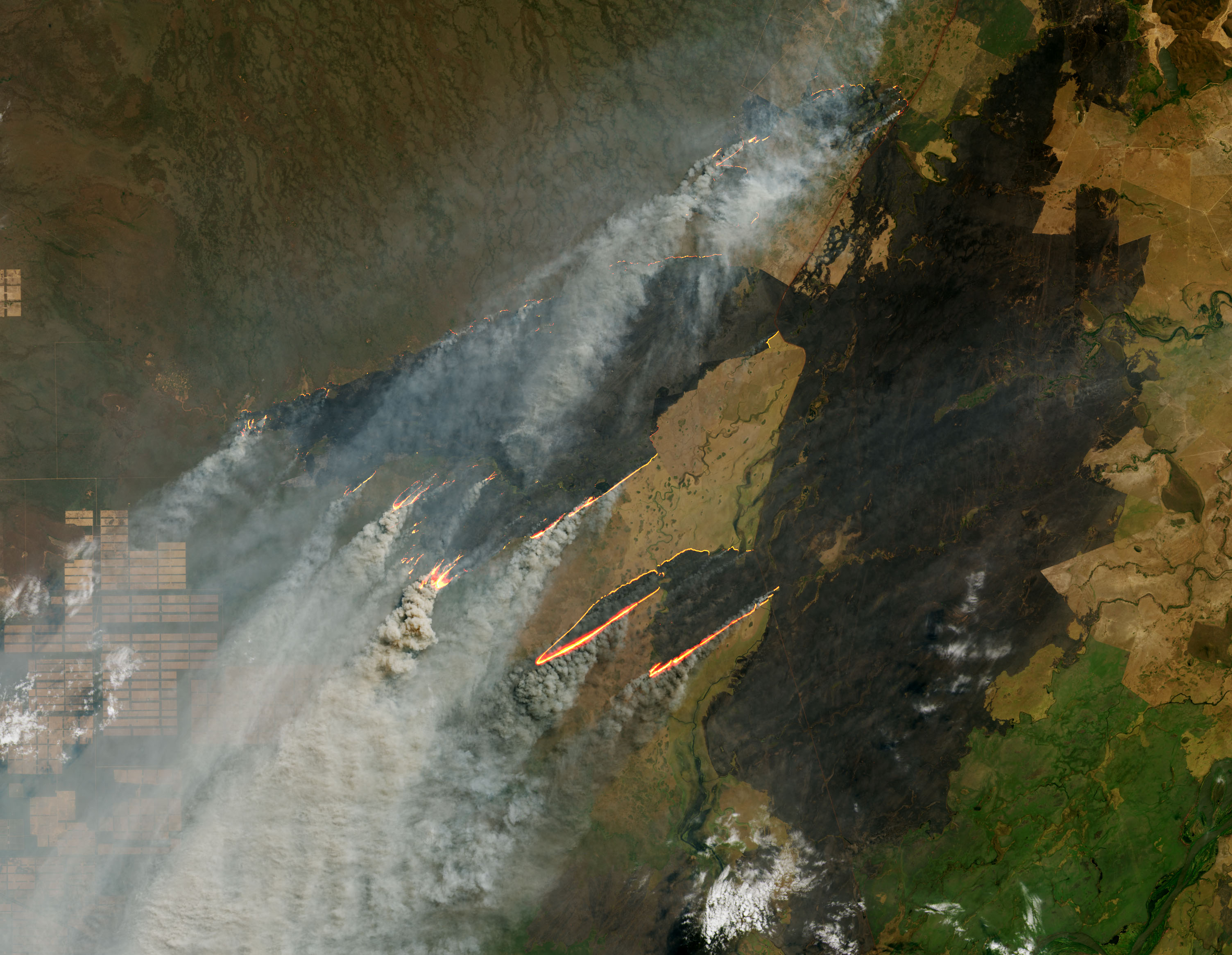
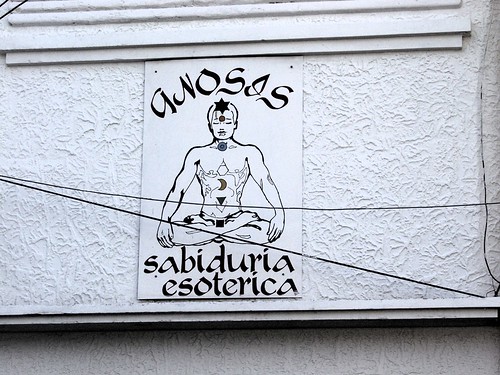

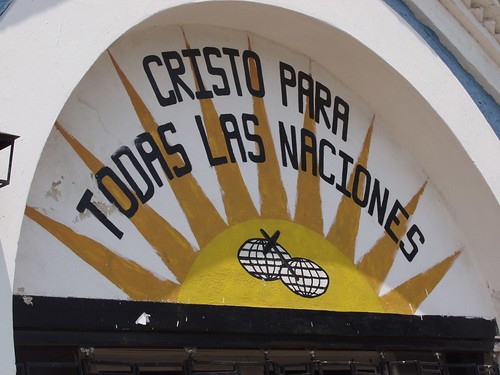

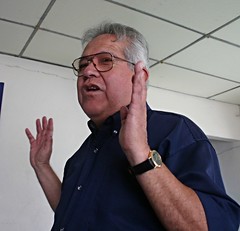
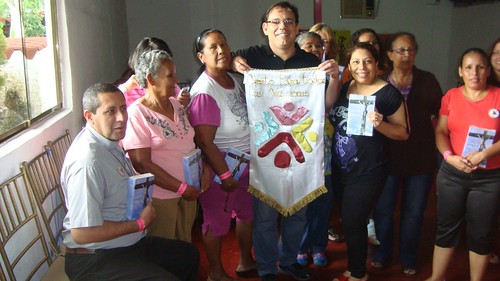
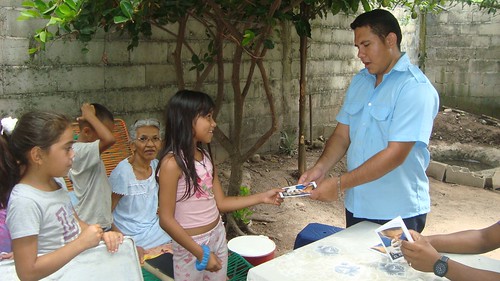
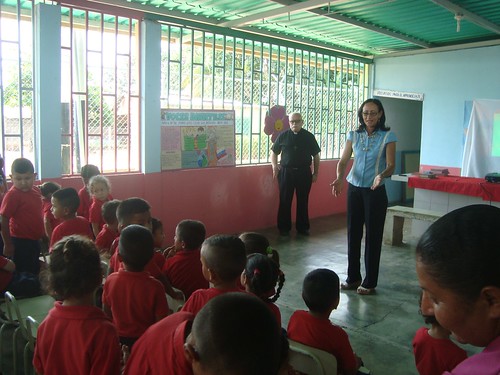



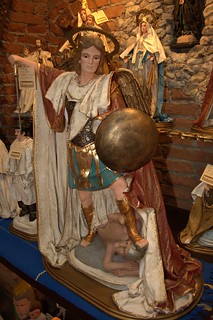
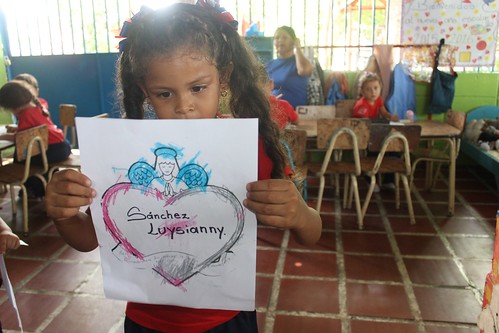
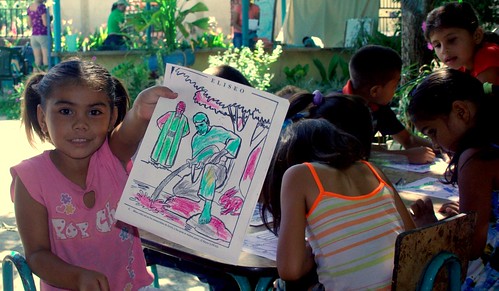
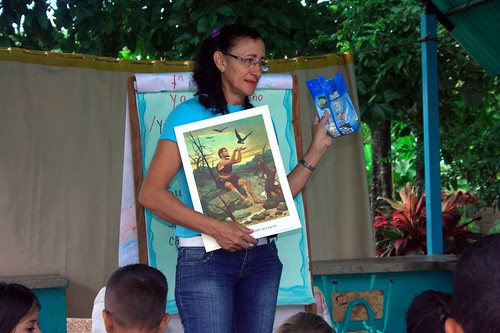
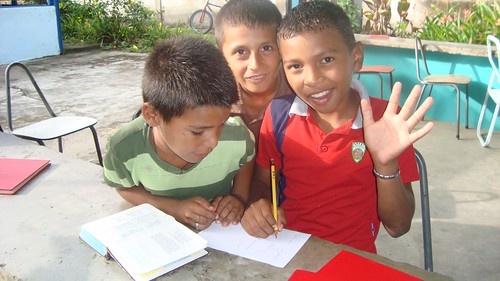
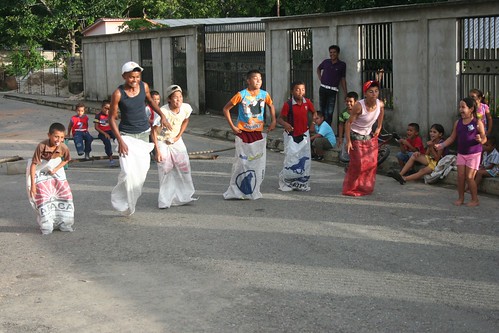


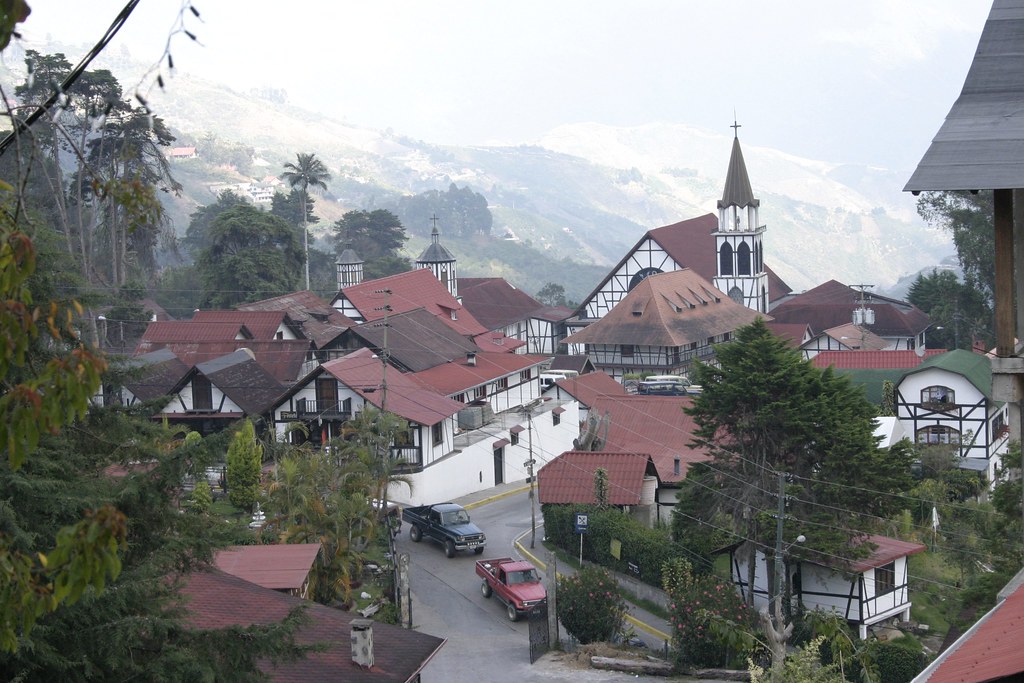


![Reblog this post [with Zemanta]](http://img.zemanta.com/reblog_e.png?x-id=ebb7df21-2ee5-4238-8b64-32fcb4e69e5b)


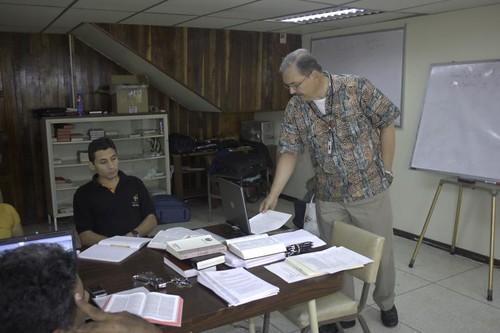
![Reblog this post [with Zemanta]](http://img.zemanta.com/reblog_e.png?x-id=806cdf2f-80cc-4106-b140-7305e17b6fe0)








